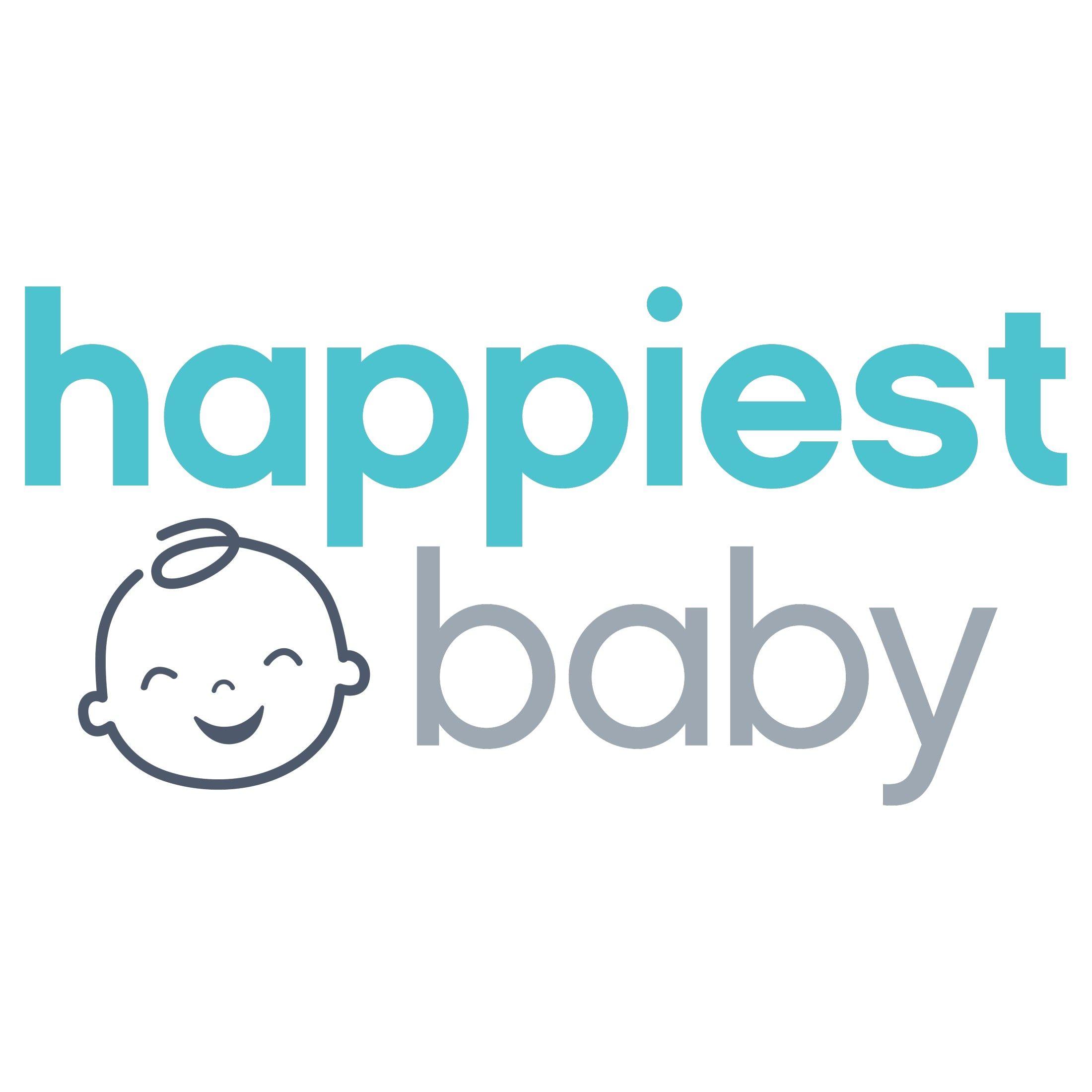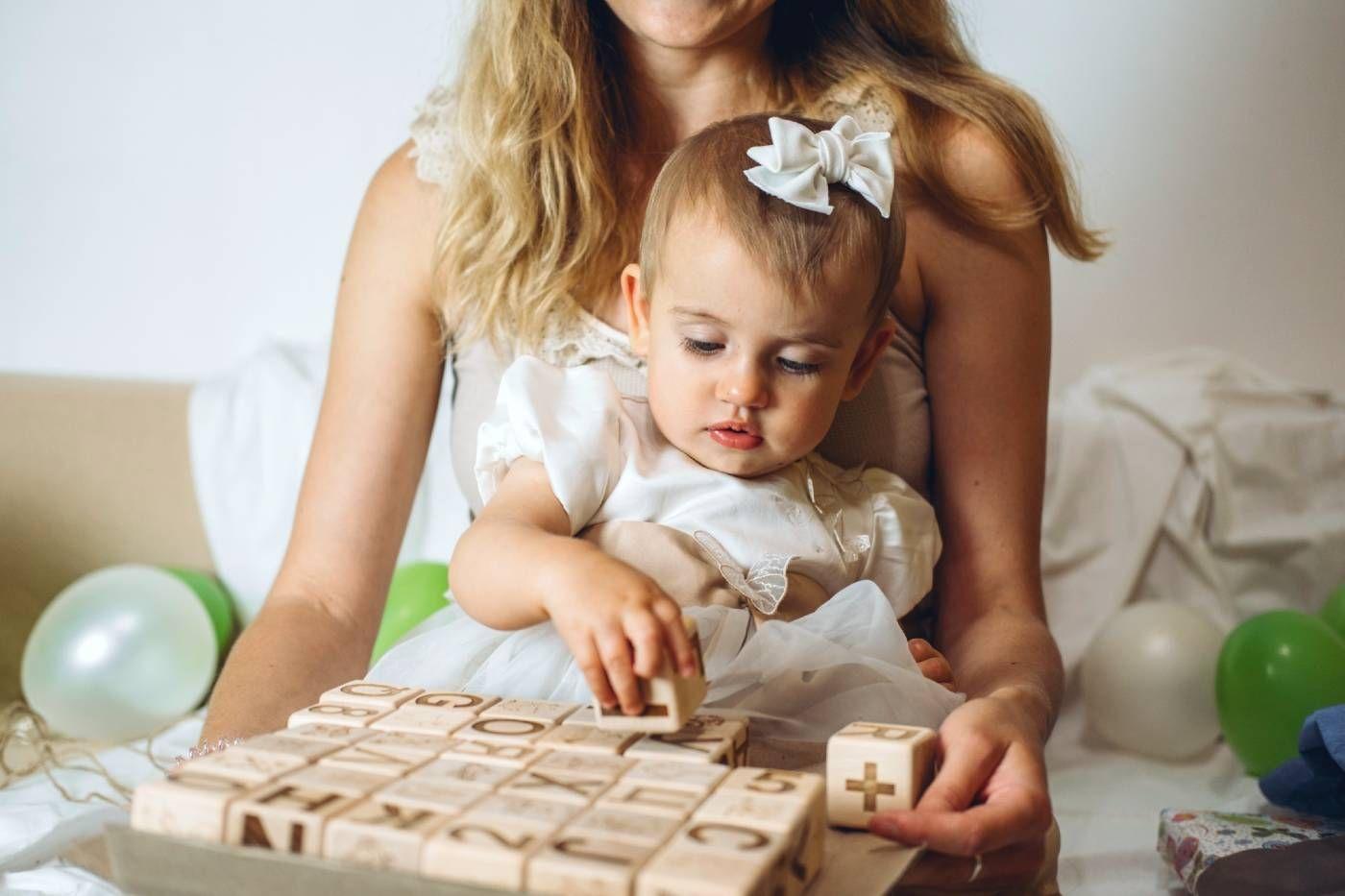TODDLER
6 Low-Fuss Cognitive Activities for Toddlers
These brain-boosting activities are a blast…and take minimal planning!

Written by
Happiest Baby Staff

SHARE THIS ARTICLE
PARENT PICKS
Bestsellers
TODDLER

Written by
Happiest Baby Staff

SHARE THIS ARTICLE
Bestsellers
Our brains and our muscles have something in common—they both need regular workouts to get stronger. Cognitive skills are a fancy way of describing your brain’s abilities—like reading, critical thinking, problem-solving, reasoning, remembering, and paying attention. So, by exercising these skills, we help them get better and better. But what about little kids? How can we help their brains blossom to their full potential?
Toddlers and nursery schoolers are discovering so many new things every day, that flexing and growing their thinking muscles is pretty much second nature. But there are ways that parents and caregivers can help those cognitive abilities really flourish.
What might be surprising to some is that most of these cognitive-boosting activities look a lot like play! Imagination, games, and free play are all pathways for learning. So, with that in mind, we have rounded up a few ways to engage and entertain your toddler…while also helping their cognitive skills grow.
Sorting helps kids learn how to use their brains to organise information. A simple way to do this is to begin teaching your child how to sort something simple, like colours. If you do not have time to build your own colour sorting game, you can still challenge your toddler to something low-key, like matching socks while doing the laundry or sorting their toys of the same colour into piles.
Sure, you can only hear Baby Shark so many times, but did you know that by doing sing-alongs with your child, you're helping their brain grow? Kids who sing are committing words and melodies to memory, which is a great way to build up that memory muscle.
A strong memory is a foundational cognitive skill, and kids can flex this ability through practice with matching games. Matching games are also a great way to introduce colours, shapes, letters, numbers, and other pre-literacy and math concepts to little kids. If you do not have a game on hand that fits the bill, you can whip one up quickly with a Post-It shape matching activity: Simply cut stickie notes into different shapes and have your child match them to corresponding paper shapes hung on the wall.
Kids love stories. Spend as much time as possible reading to your kids to help them develop an appreciation for books and reading. Have your toddler look at the pages as you read aloud and point to the words you are reading. Soon, they will learn how to use the pictures to tell them what the words say; they will also learn that reading has an order and structure, and they will even develop taste preferences for types of stories. These are all excellent pre-literacy skills. (Pro tip: Toddlers adore these interactive books!)
Puzzles are not just for big kids! We love this fun activity for siblings that combines a DIY art project with the problem-solving challenge of putting together a puzzle for little kids. Have an older sibling (or you) draw or paint a picture that you then cut up into a simple puzzle (for the youngest toddlers, four pieces might be plenty, while older toddlers can tackle larger puzzles). Have your toddler try to put it back together by using visual cues to problem-solve.
The concept of time can be perplexing to little kids. To help their brains develop strength for sequencing, you can add a fun daily interview to your routine. Ask your child engaging questions, and even consider recording them because the answers will be so cute! Try to ask questions that challenge your child to think through events in a first, second, third, etc., sequence.
Toddlers are not famous for their impeccable skills of focusing and patience. Instead, they tend to have wild, impulsive energy to help them get from one curious adventure to the next. To help build your child's focus, which is a critical cognitive skill, try slowing things down and blowing bubbles. It might seem silly, but blowing bubbles is a fantastic way to get kids to breathe deep, go slow, and focus on the fine motor skills aspect of dipping the bubble wand and then blowing the bubbles.
Disclaimer: The information on our site is NOT medical advice for any specific person or condition. It is only meant as general information. If you have any medical questions and concerns about your child or yourself, please contact your health provider. Breastmilk is the best source of nutrition for babies. It is important that, in preparation for and during breastfeeding, mothers eat a healthy, balanced diet. Combined breast- and bottle-feeding in the first weeks of life may reduce the supply of a mother's breastmilk and reversing the decision not to breastfeed is difficult. If you do decide to use infant formula, you should follow instructions carefully.